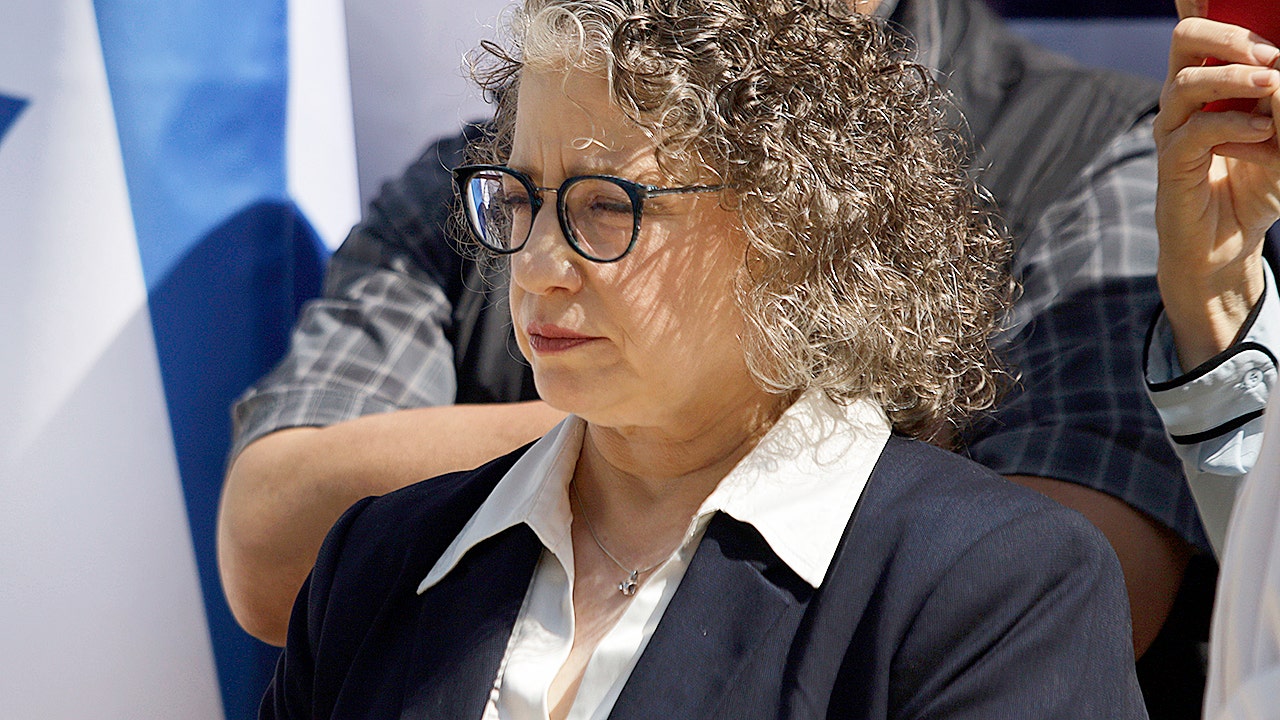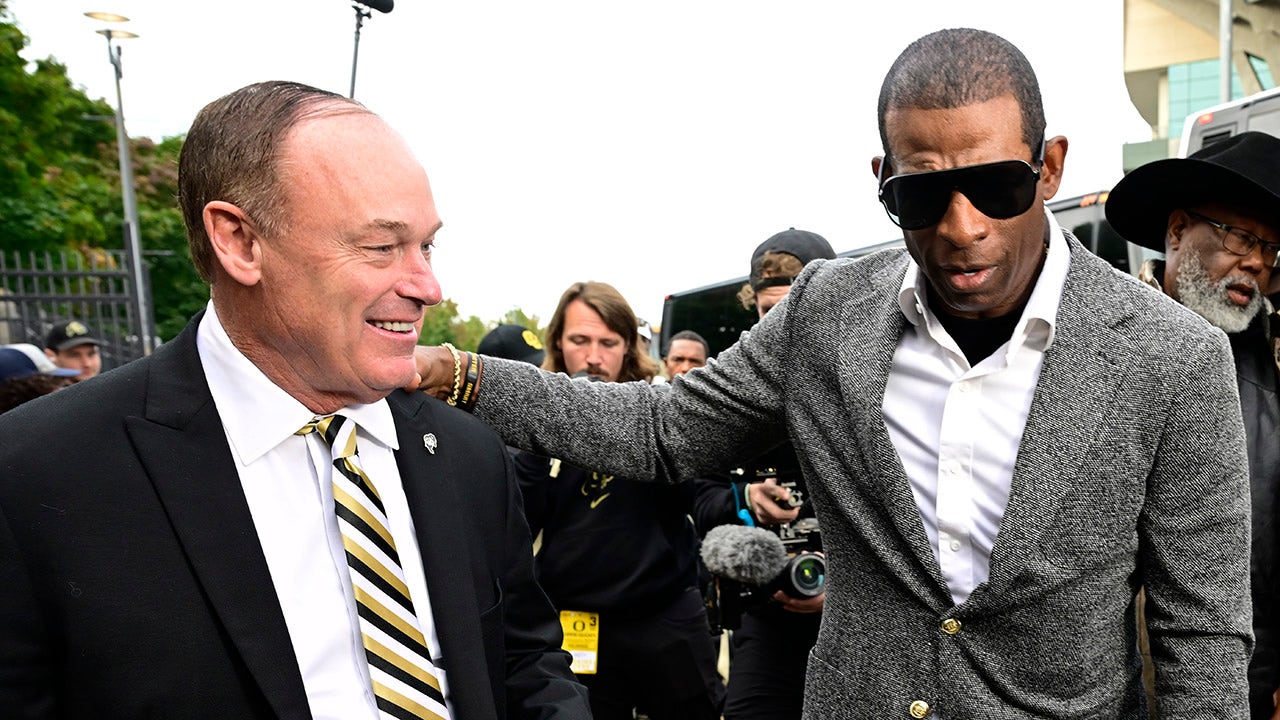The Washington D.C. National Guard will remain stationed in the capital through February, a decision confirmed by formal orders that The Associated Press reviewed.
This continued deployment follows the earlier August directive and reflects a sustained effort to stabilize a high profile security situation in the heart of the nation.
The extension carries an effective date of November 4 and keeps Guard members in place at least through February 28, according to the order.
The directive notes the additional duty is in response to the emergency declared in August by President Donald Trump and under directions from the “Secretary of War to protect federal property and functions in the District of Columbia and to support federal and District law enforcement.”
Hundreds of National Guard troops have been in Washington since August, a mission Trump described as a crime fighting effort that also included the federal takeover of the local police department.
The original order expired in September, yet roughly 2,000 guardsmen from D.C. and eight other states remain, with many planning to withdraw by month’s end.
The D.C. Guard remains the largest contributor, with 949 soldiers forming the core of a task force totaling about 2,375 troops. West Virginia follows with 416 guardsmen, demonstrating how states cordon off security responsibilities to safeguard federal property and public spaces in the capital.
This Could Be the Most Important Video Gun Owners Watch All Year
Several contingents have been armed and stationed in parks around the federal district, at subway stations and near Amtrak facilities, underscoring a visible security presence. Yet the mission has not been solely about enforcement; a sizeable portion of daily activity has revolved around maintenance and beautification projects.
In early October, task force officials highlighted yard work that included clearing 1,150 bags of trash and spreading mulch across more than a thousand cubic yards.
They also reported removing 50 truckloads of plant waste, clearing nearly eight miles of roadways, painting fencing and pruning trees as part of their rotation.
While such projects have drawn attention, the guard presence in the capital remains the subject of ongoing litigation. D.C. Attorney General Brian Schwalb filed a suit in September challenging the administration’s use of the National Guard in the heavily Democratic city.
The suit has drawn support and opposition from 45 states, reflecting a charged political backdrop to a security operation.
The Trump administration contends that he possesses full authority to deploy guard troops in Washington as the commander of the D.C. Guard.
Court documents indicate plans that the D.C. Guard could remain in place through next summer, a prospect that has prompted further legal debate. U.S. District Judge Jia Cobb heard arguments on October 24 and has not yet ruled.
Beyond the courtroom battle, questions linger about how long other states will keep their troops deployed to the Washington task force.
Some of the states involved, including Louisiana, Mississippi, Ohio, South Carolina, West Virginia, Georgia and Alabama, signaled plans to end by November 30, depending on new orders. The order itself does not specify extending deployments by those states, focusing instead on the national capital and federal property protections.
In this context the ongoing presence is framed as a temporary but necessary precaution to assure continuity of federal operations in the district.
For supporters, the arrangement represents a disciplined approach to security in a city where federal functions and monuments draw unprecedented attention.
They argue that the Guard’s presence supports law enforcement and helps deter violence while allowing local officers to concentrate on community needs.
The numbers underscore the scale of a coordinated effort, with the D.C. Guard maintaining the largest share and other states contributing tens to hundreds of troops.
This arrangement reflects a national approach to crisis management that emphasizes readiness and continuity of operations in the federal capital.
As the legal process unfolds, commanders will likely weigh the risk of extending the mission against the obligations to protect federal property and ensure public safety. There is broad belief among supporters that a stable, predictable presence is essential in tense times.
Ultimately the question is not only about dates but about whether the capital can operate normally under extraordinary circumstances.
With the guard in place, federal property and functions receive a shield against disruption while communities see the benefit of care and maintenance projects in their neighborhoods.
The opinions expressed by contributors and/or content partners are their own and do not necessarily reflect the views of LifeZette. Contact us for guidelines on submitting your own commentary.
Read the full article here












![Trans Former Dem State Rep Pleads Guilty to Child Sex Crimes [WATCH] Trans Former Dem State Rep Pleads Guilty to Child Sex Crimes [WATCH]](https://www.lifezette.com/wp-content/uploads/2025/11/2025.11.07-01.29-lifezette-690df4395db66.jpg)